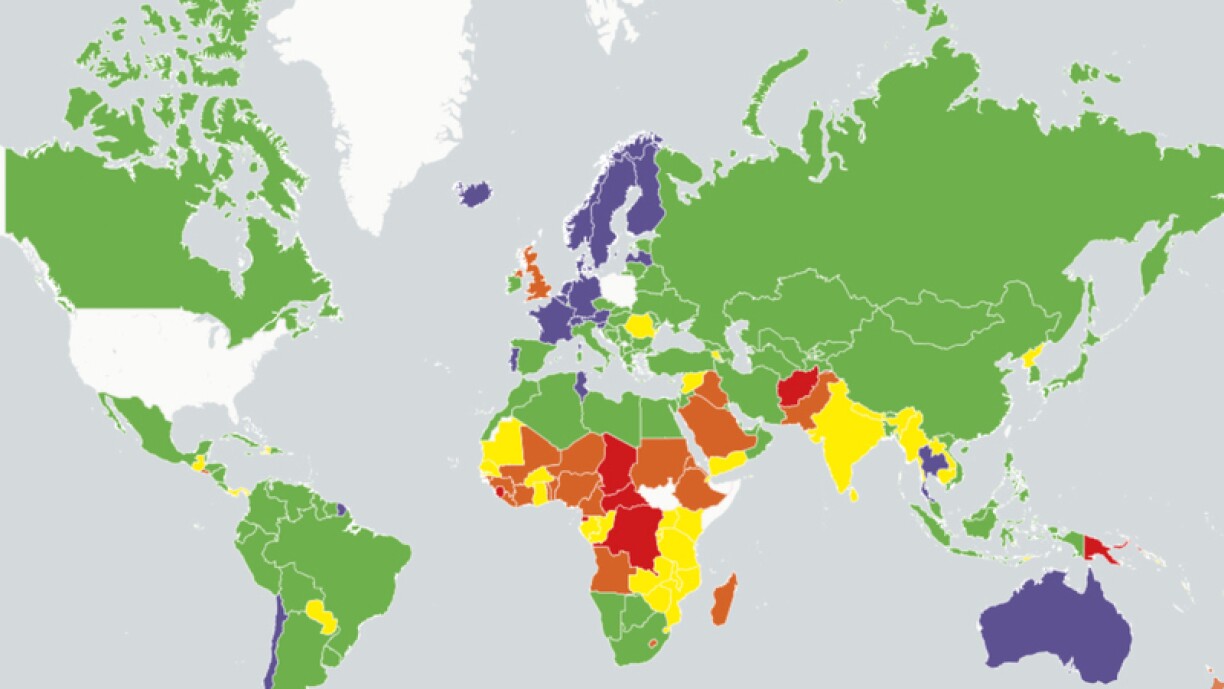
Luxembourg ranks 54th in the KidsRights Index, an annual global index which ranks how countries adhere to, and are equipped to improve, children’s rights.
It comprises a ranking for all UN member states that have ratified the UN Convention on the Rights of the Child and for which sufficient data is available, a total of 181 countries.
At the top of the list was Iceland, followed by Portugal, Switzerland, Finland and Germany. Worst was Afghanistan, followed by Sierra Leone, Chad, Equatorial Guinea and the Central African Republic.
Britain ranked 170 and New Zealand 169. In both countries, this is due to discrimination against migrant children and poor legal protection of impoverished youth, says Dutch NGO KidsRights.
Speaking to AFP, Marc Dulleart, founder and chairman of KidsRights, said: “It’s a shame that countries like the United Kingdom and New Zealand are really at the lowest ranks of this index.”
“Of course the situation in the UK is far better than in Afghanistan or Syria, but it’s relative to their position,” said Dulleart.
Children’s rights relative to economic statusKidsRights takes into account the economic status and democratic values of a country when calculating a nation’s children’s rights ranking. If a country is rich and developed yet scores very low on the basic principles of the Convention on the Rights of the Child, the country will have a low score.
Thailand and Tunisia ranked surprisingly high, for example, at 14th and 15th, because despite limited resources they invested into and protected children.
One of the main goals behind the Index is to give a bigger voice to children around the world.